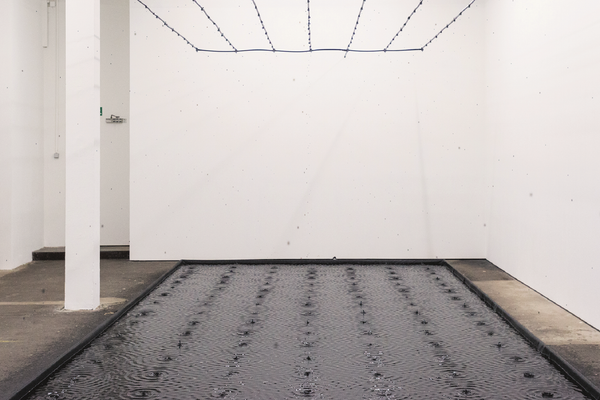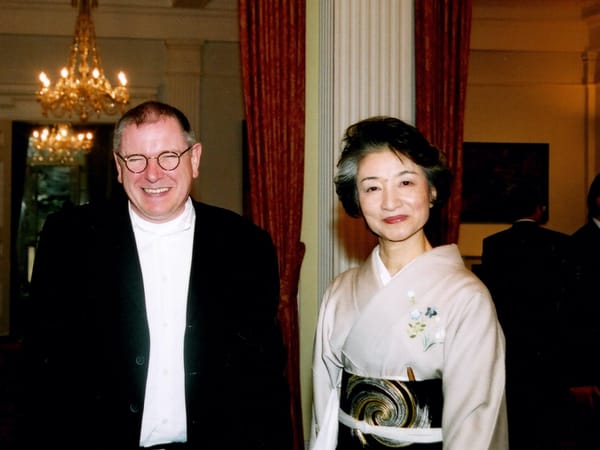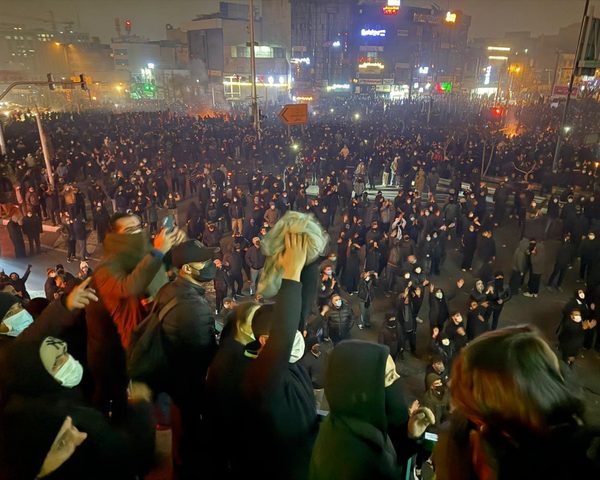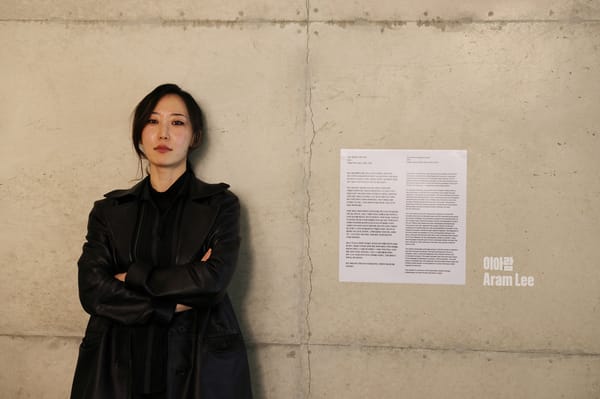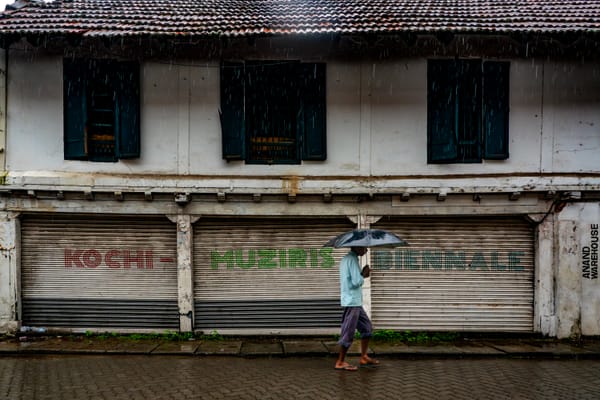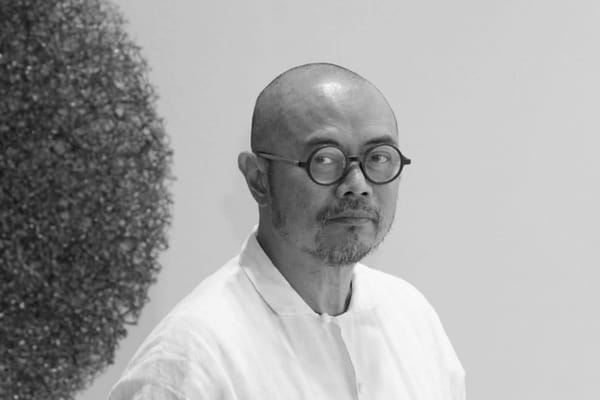News
Artists Condemn Gender Discrimination In Wake Of Aichi Controversy


A month after the Aichi Triennale shut down the exhibition “After ‘Freedom of Expression’?” over threats targeting its display of a sculpture of a comfort woman, more than 370 artists and cultural workers have signed a statement decrying gender discrimination in Japan, framing the controversy as an issue of gender equality.
The statement explains that Kim Seo-kyung and Kim Eun-sung’s Statue of Peace (2011) “fundamentally addresses the human rights of women,” and was created “to commemorate the courage of the survivors of the ‘comfort woman’ system, to acknowledge their trauma, and to encourage the public to reflect on the history of conflict-related sexual violence.” The public backlash in Japan to the sculpture, which has been denounced for offending national feeling, “unfortunately reflect[s] the pervasive entrenchment of discrimination against women in Japanese society today, and stand[s] in direct contradiction to the Triennale’s commitment to gender equality.” The statement ends with a condemnation of “all forms of gender discrimination” and a call to reopen “After ‘Freedom of Expression’?”
Signatories include the artists Chim↑Pom, Meiro Koizumi, Candice Breitz, and Leung Chi Wo and Sara Wong, in addition to the international nonprofit Women’s Action Network.
The Triennale organizers' decision to close the exhibition has drawn a steady stream of open letters criticizing it as a form of censorship. Participating artists have withdrawn or modified their works at the Triennale, as well as organized their own public discussions in response to the Aichi prefectural government’s official investigation and forums. The Gwangju Biennale Foundation and the International Committee for Museums and Collections of Modern Art have also penned statements demanding the exhibition be reopened.
The English version of the full “Gender Free Statement” is reproduced below.
ARTISTS AND CULTURAL WORKERS’ STATEMENT ON GENDER EQUALITY AND “AFTER ‘FREEDOM OF EXPRESSION?’”
We, the undersigned artists and cultural workers, feel compelled to speak out against the closure of “After ‘Freedom of Expression?’” at Aichi Triennale 2019 from the perspective of gender equality—one of the stated principles of the Triennale’s organization.
One of the primary targets of the harassment and threats of violence received by the Triennale was the sculpture Statue of Peace by Korean artists Kim Seo-kyung and Kim Eun-sung, a work inspired by the voices and experiences of the women who suffered under the “comfort woman” system of forced prostitution, sexual slavery, and human trafficking exploited by the Imperial Japanese Army and Navy in military campaigns in the Asia-Pacific from the 1930s onwards. This is a work of art that fundamentally addresses the human rights of women. Contrary to contentions that it espouses anti-Japanese propaganda, Statue of Peace was made by the artists to commemorate the courage of the survivors of the “comfort woman” system, to acknowledge their trauma, and to encourage the public to reflect on the history of conflict-related sexual violence. The opposition and hate speech that have been directed against the work in recent weeks, as well as the pressure that politicians have applied on the Triennale in their calls for the work’s removal, are rooted in misperception and far exceed fair critique of the work. Such responses to the work unfortunately reflect the pervasive entrenchment of discrimination against women in Japanese society today, and stand in direct contradiction to the Triennale’s commitment to gender equality.
Despite the many decades that have passed since the era of the “comfort woman” system, gender-based discrimination remains pervasive at all levels of Japanese society today. Such discrimination of course affects diverse genders. To accept it is to perpetuate the violation of the human rights of all genders and others in socially vulnerable or marginalized positions.
With acute consciousness of the history of sexual violence and discrimination to which the survivors of the “comfort woman” system were subjected, we voice our strong objection to all forms of gender discrimination, as well as to discrimination in general.
Statue of Peace could have provided an opportunity for much-needed discussion in the context of the Triennale. This opportunity has sadly been lost due to verbal attacks and threats of violence. We harbor grave misgivings that the same kind of violent suppression of human rights–related discourse will be used again in the future to silence those who wish to address Japan’s history of aggression. Yet after all that has happened, we still believe in our capacity to empathize with and love others, and in the creativity of art past, present, and future as means for resisting such forces of oppression. As such, we call for the complete restoration of the autonomy of the Triennale and its participating artists, starting with the necessary reopening of “After ‘Freedom of Expression?’”
To read more of ArtAsiaPacific’s articles, visit our Digital Library.
